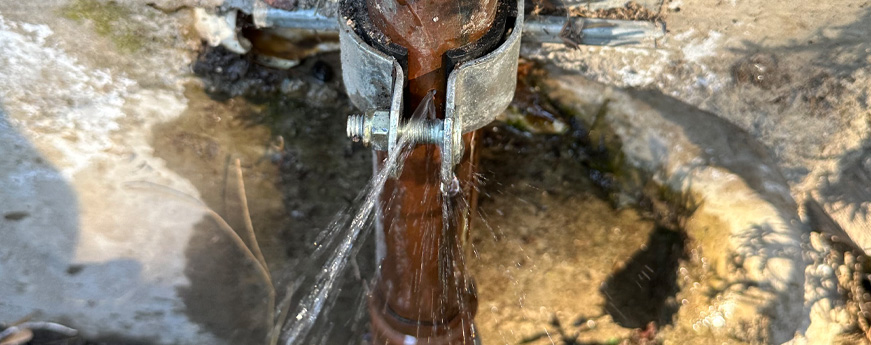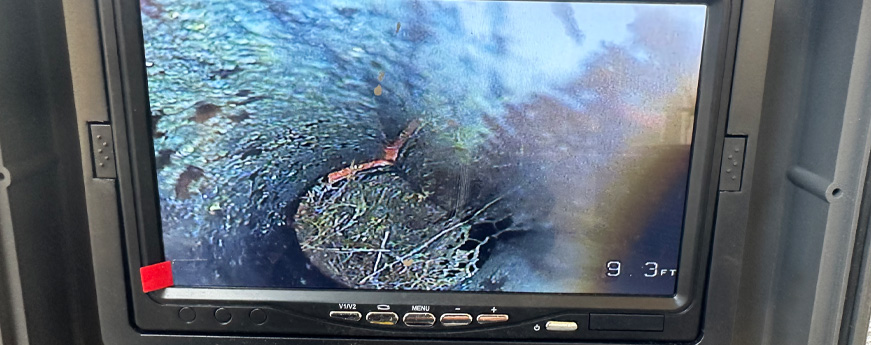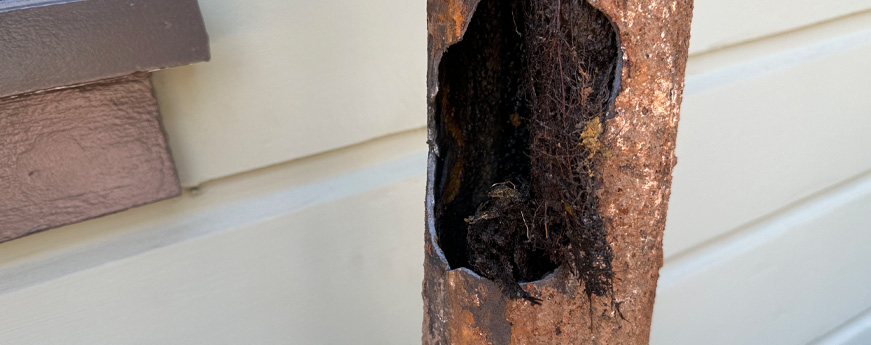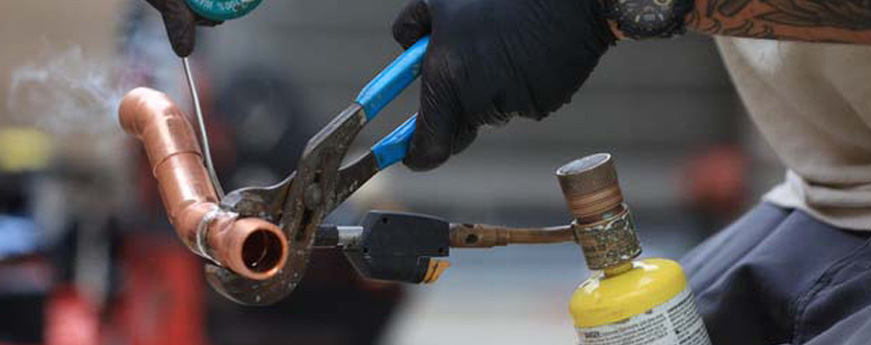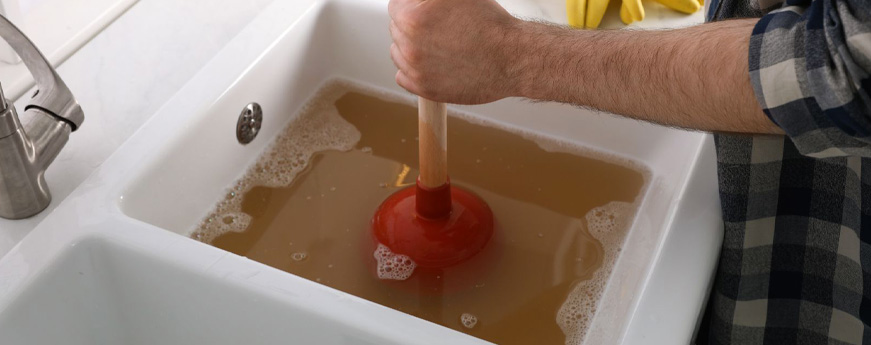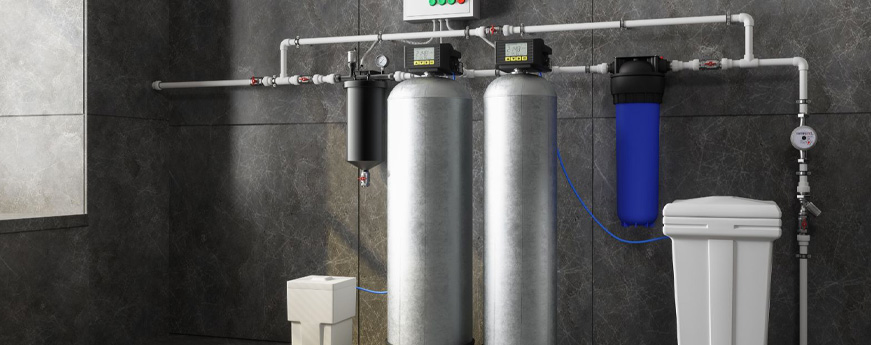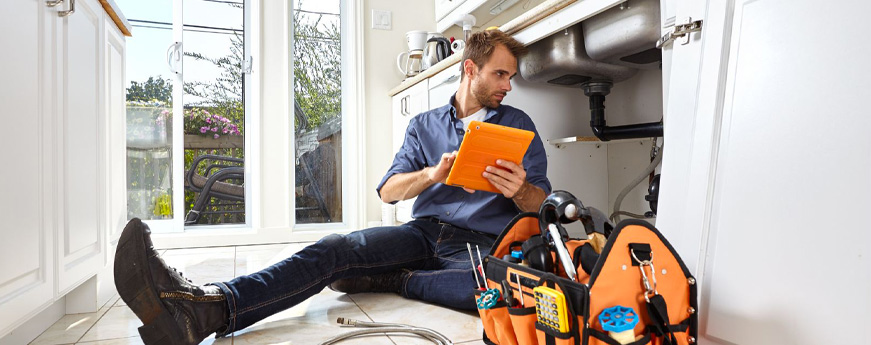Plumbing problems are every homeowner’s nightmare, but with the right services and timely interventions, you can keep your system running smoothly. At Honestee Plumbing, we offer drain cleaning, emergency plumbing, and hydro jetting services tailored to Fullerton, CA homeowners.
Drain Cleaning: Your Plumbing’s Best Friend
Clogged drains can lead to backups, foul odors, and water damage. Routine drain cleaning is the simplest way to prevent these problems and keep your plumbing system in great shape.
When should you clean your drains?
- Water drains slowly or gurgles
- You notice unpleasant odors
- Recurring clogs in the same area
With Honestee Plumbing’s advanced tools and techniques, we can quickly and efficiently clear your drains, giving you peace of mind.
Emergency Plumbing: Be Prepared for the Unexpected
From burst pipes to sewer backups, plumbing emergencies can cause significant damage in a short time. Our emergency plumbing services ensure that you’re never left without help when disaster strikes.
Top emergencies we handle:
- Leaking or burst pipes
- Overflowing toilets
- Severe water leaks
Don’t let plumbing issues spiral out of control—call our 24/7 team for fast and effective solutions.
Hydro Jetting: The Future of Plumbing Maintenance
Tough clogs and buildup require advanced solutions. That’s where hydro jetting comes in. This technique uses high-pressure water jets to break through blockages and clean your pipes thoroughly.
Benefits of hydro jetting:
- Eco-friendly and chemical-free
- Prevents recurring clogs
- Restores full pipe capacity
Honestee Plumbing’s hydro jetting service is ideal for residential and commercial properties dealing with stubborn clogs or buildup.
Schedule Your Service Today
From routine maintenance to emergency repairs, Honestee Plumbing is here for Fullerton homeowners. Contact us today to learn more about our drain cleaning, emergency plumbing, and hydro jetting services.


